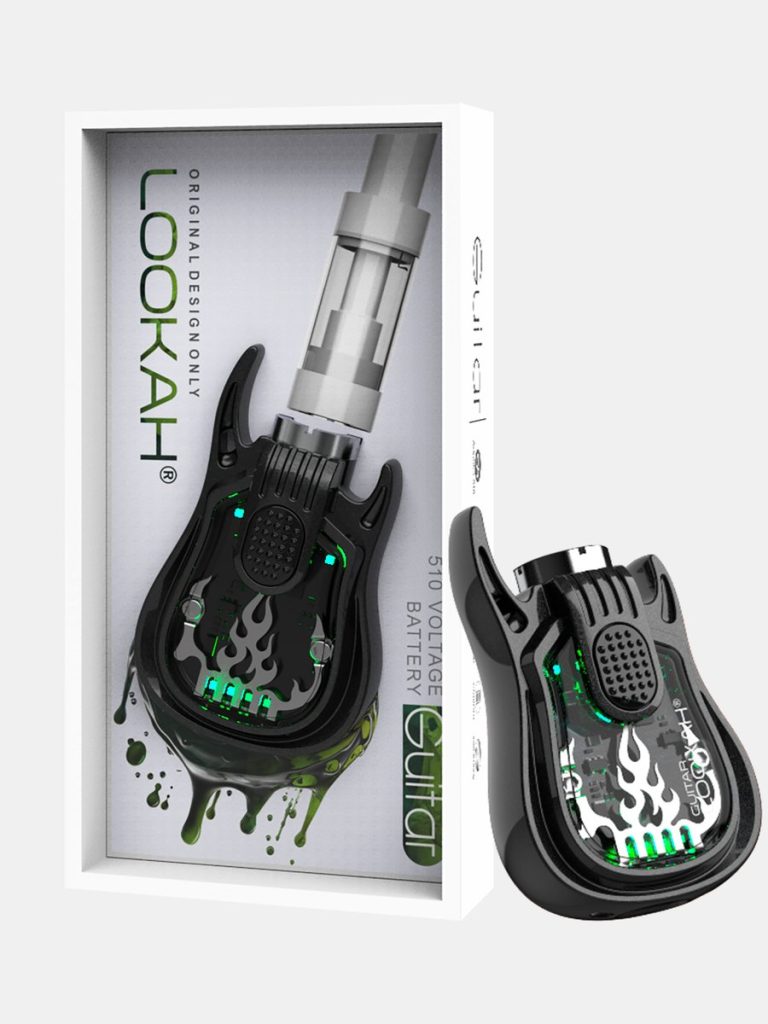What is Injectable Weight Loss?
Overview of Injectable Weight Loss
Injectable weight loss refers to the use of prescription medications administered through injections as a means of regulating body weight. These treatments aim to promote weight reduction by manipulating hormonal pathways that control appetite, metabolism, and fat storage. Unlike dietary supplements or traditional oral medications, injectables can be precisely dosed, allowing for targeted and regulated interventions in the weight loss journey. As weight-related health issues gain prevalence, these treatments have become increasingly popular among individuals seeking more effective solutions.
Weight loss injectables work in conjunction with a reduced-calorie diet and increased physical activity to enhance overall effectiveness. For anyone considering this approach, it is vital to consult healthcare practitioners to assess suitability and explore potential risks involved. You can find more pertinent information about Injectable Weight Loss options through reputable health portals.
Types of Injectable Weight Loss Treatments
There are several types of injectable weight loss medications currently on the market, primarily categorized according to their mechanisms of action:
- GLP-1 Receptor Agonists: These medications mimic the effects of the glucagon-like peptide-1 hormone, which plays a crucial role in appetite regulation and insulin secretion. Notable examples include semaglutide and liraglutide.
- Ghrelin Antagonists: These are designed to block ghrelin, a hormone that stimulates hunger, thereby reducing appetite.
- Combination Therapies: Certain injectables combine various active substances to target multiple pathways related to weight control, thereby enhancing efficacy.
How Injectable Weight Loss Works
The working mechanism of injectable weight loss medications typically centers around hormonal regulation. By mimicking or inhibiting specific hormones, these treatments help to suppress appetite, increase feelings of fullness, and slow down gastric emptying. For instance, drugs that act on GLP-1 receptors do so by signaling the brain to curb hunger while also promoting insulin secretion, which plays a crucial role in the metabolism of sugars and fats.
Furthermore, these medications may also enhance energy expenditure, contributing to an overall caloric deficit necessary for weight loss. Treatment protocols usually require periodic follow-ups to monitor effectiveness, side effects, and potential adjustments in dosage.
Benefits of Injectable Weight Loss
Effective Weight Management
Injectable weight loss treatments have shown promising results in clinical trials and practice, often leading to substantial weight loss over a defined period. Most patients on these therapies can expect to lose between 5% to 15% of their body weight over a year, contingent upon adherence to diet and lifestyle alterations.
The mechanism that allows these injectables to be particularly effective is rooted in their precise targeting of appetite and satiety signals, which can lead to sustainable changes in eating behaviors and weight maintenance. For many individuals who struggle with obesity and related health complications, these treatment options can significantly improve quality of life and overall health.
Convenience and Accessibility
Injectable weight loss medications tend to be relatively easy to self-administer, employing simple techniques that patients can perform at home after appropriate training from healthcare providers. This convenience allows patients to integrate treatments into their daily routines without the need for frequent clinical visits.
Additionally, the broader availability of medications via prescription options enhances their accessibility, making it possible for more individuals to explore these innovative weight loss solutions.
Potential Health Improvements
Beyond weight loss, injectable weight loss treatments have been associated with various health improvements. For instance, patients may experience significant reductions in comorbidities such as hypertension, type 2 diabetes, and related cardiovascular risks as they lose weight. Improved metabolic control and a decrease in systemic inflammation have also been documented outcomes.
Moreover, studies indicate that successful weight loss leads to better overall mental health outcomes, reducing anxiety, depression, and improving overall self-esteem and body image.
Who Should Consider Injectable Weight Loss?
Eligibility Criteria for Treatments
Not everyone is a candidate for injectable weight loss treatments. Typically, these medications are recommended for individuals classified as obese (BMI of 30 or greater) or for those who are overweight (BMI of 27 or greater) and possess weight-related health complications, such as diabetes or hypertension.
Healthcare providers evaluate eligibility based on various factors, including medical history, current health conditions, and lifestyle factors. A comprehensive evaluation ensures not only effective treatment but also patient safety.
Understanding Risks and Side Effects
As with any medical treatment, injectable weight loss medications come with potential risks and side effects. Common issues may include gastrointestinal disturbances, such as nausea and diarrhea, as well as injection site reactions. Some patients may also experience fluctuations in mood or susceptibility to hypoglycemia, especially if they are diabetic.
It’s crucial for patients to have transparent conversations with healthcare professionals about their individual risk profiles. A personalized approach that considers existing conditions and ongoing medications can enhance safety and efficacy in treatment plans.
Consultation with Healthcare Professionals
Before beginning injectable weight loss treatments, a thorough consultation with a healthcare professional is indispensable. This conversation should cover potential benefits, risks, costs, and what to expect during treatment. Providers can tailor approaches to fit individual needs and circumstances while also helping patients understand necessary lifestyle modifications that will complement their weight loss efforts.
How to Use Injectable Weight Loss Treatments
Administration Guidelines and Techniques
Using injectable weight loss treatments often involves a straightforward administration process. Most medications are delivered via subcutaneous injections, meaning they can be injected into the fatty tissue just beneath the skin. Common injection sites include the abdomen, thigh, or upper arm.
Patients are usually instructed on proper techniques for self-injection, including how to rotate injection sites to minimize discomfort and avoid local irritation. Some medications are administered once a week, while others may require daily injections, depending on the specific treatment regimen.
Monitoring and Adjusting Dosages
Continuous monitoring following initiation of injectable treatments is crucial. Patients should schedule regular follow-up appointments to evaluate weight loss progress, manage side effects, and make dosage adjustments as appropriate. This iterative process allows healthcare providers to ascertain the effectiveness of the treatment and ensure that it aligns with the patient’s goals and health requirements.
In many cases, adjustments may include modifying the dosage or even switching to other medications based on a combination of efficacy and tolerability factors.
Complementary Lifestyle Changes
Injectable weight loss treatments are most effective when combined with foundational lifestyle changes. Patients are generally encouraged to engage in a healthful diet rich in whole foods, such as fruits, vegetables, lean proteins, and whole grains. Additionally, adhering to a structured physical activity regimen can dramatically improve weight loss outcomes, enhance the effectiveness of the medications, and support overall well-being.
Even after achieving initial weight loss goals, it’s critical to maintain these positive changes to ensure lasting outcomes. Elimination of unhealthy habits and a focus on active living can foster an environment where weight management becomes sustainable in the long term.
Future of Injectable Weight Loss
Current Research and Developments
The landscape of injectable weight loss treatments is continually evolving. Ongoing research is focused on enhancing the efficacy of existing medications, developing new therapies, and exploring combination treatments that address multiple pathways simultaneously.
Furthermore, studies are examining the genetic and metabolic profiles of individuals to better personalize therapies based on unique responses, potentially increasing the success rates of injectable weight loss interventions.
Emerging Injectable Treatments
As the demand for effective weight loss solutions grows, many innovative injectable options are beginning to emerge. These treatments aim to offer more targeted action mechanisms and improved patient tolerance, which can translate to better overall experiences and outcomes. It is essential for potential candidates to stay informed about these advancements through healthcare discussions and credible medical resources.
Advice for Potential Candidates
Individuals considering injectable weight loss treatments should approach the decision with careful thought and informed confidence. Engaging with healthcare professionals, researching options, seeking support networks, and adopting complementary lifestyle changes can enhance the overall effectiveness and sustainability of these treatments.
Ultimately, successful weight management through injectable medications is a holistic endeavor, focusing not only on immediate weight loss but also on establishing healthier behaviors that last a lifetime.






